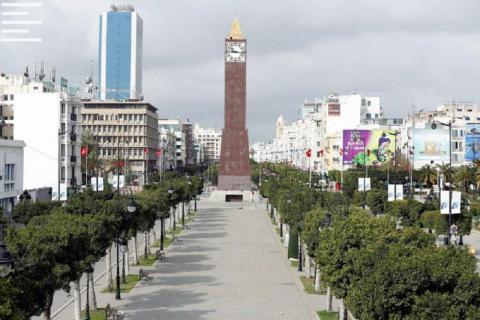
Employees of Lebanon’s Central Bank went on strike on Monday over state budget proposals
that would cut their benefits.
They announced that they will determine their next move at a meeting on Tuesday.
Head of their syndicate Abbas Awada told al-Jadeed television that "a positive decision" may be taken to "facilitate matters" but added that if the government approved the budget in its existing form "we will proceed in an open strike".
The Beirut stock exchange said it suspended trading on Monday until further notice because clearance and settlement processes could not be carried out on time during the strike.
Awada said there had been negative effects and pressure "on the market, on the governor of the central bank, and on all Lebanese", so "we might have a little positivity to relieve the matter".
He said Central Bank governor Riad Salameh opposed the strike action and had asked for it to be lifted.
The draft budget has proposed annulling performance-linked bonuses paid in some state-run institutions, including the Central Bank. In some cases, these have amounted to several months extra salary a year.
Lebanon is saddled with one of the heaviest public debt burdens in the world and Prime Minister Saad Hariris government has vowed to enact long-delayed reforms to put state finances on a sustainable path.
Finance Minister Ali Hassan Khalil told Reuters last week the draft budget projects a deficit of less than 9 percent of GDP compared to 11.2 percent in 2019.
The budget, seen as a critical test of Lebanons will to reform, is based on an economic growth forecast of 1.5 percent in 2019, which could rise to around 2 percent as the economy picks up, he said.
Lebanons public debt is some 150 percent of GDP. State finances are strained by a bloated public sector, high debt servicing costs and hefty subsidies spent on the power sector.
Serious steps toward reform could unlock $11 billion in financing pledged at a donor conference last year to help Lebanon build infrastructure to boost economic growth.












